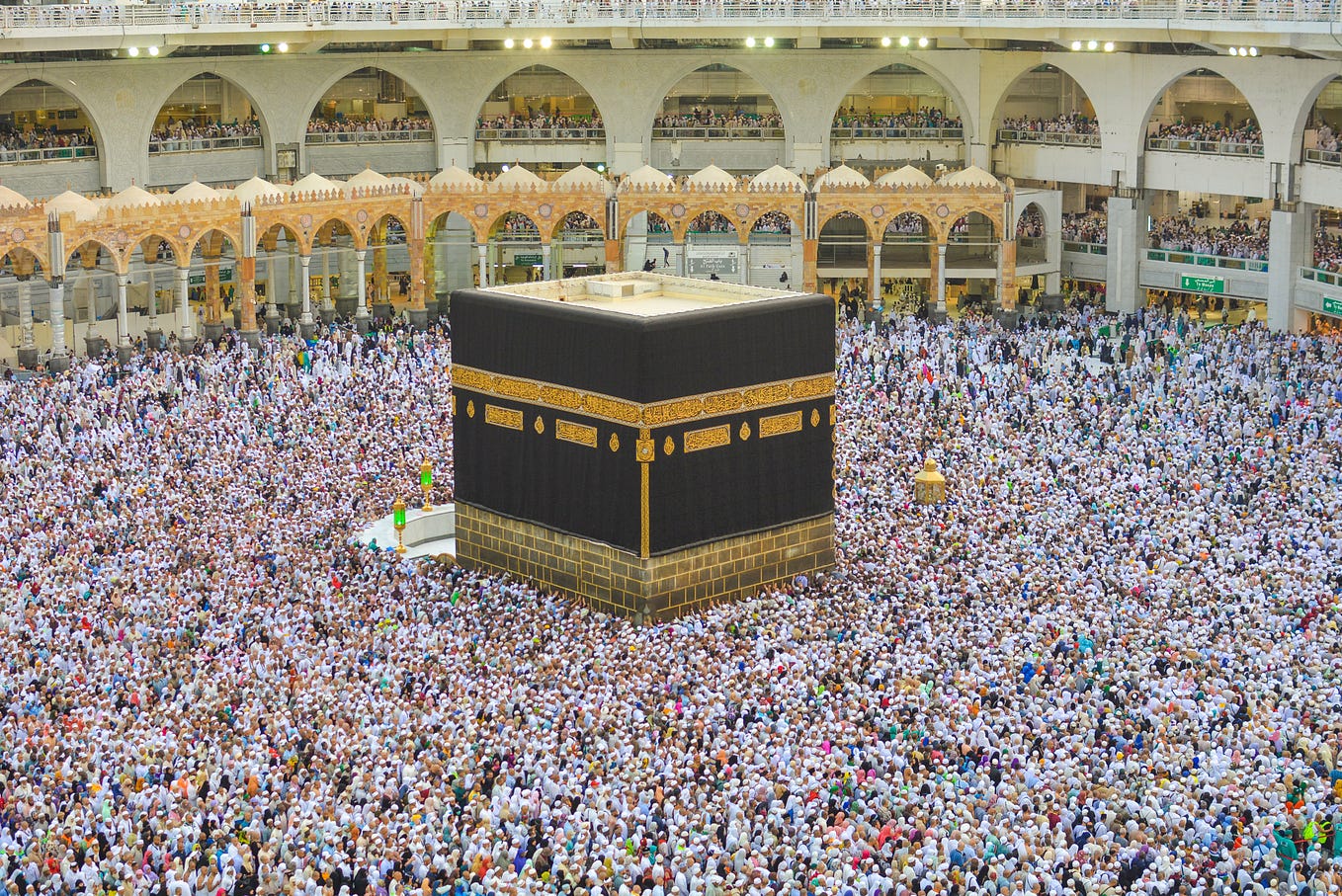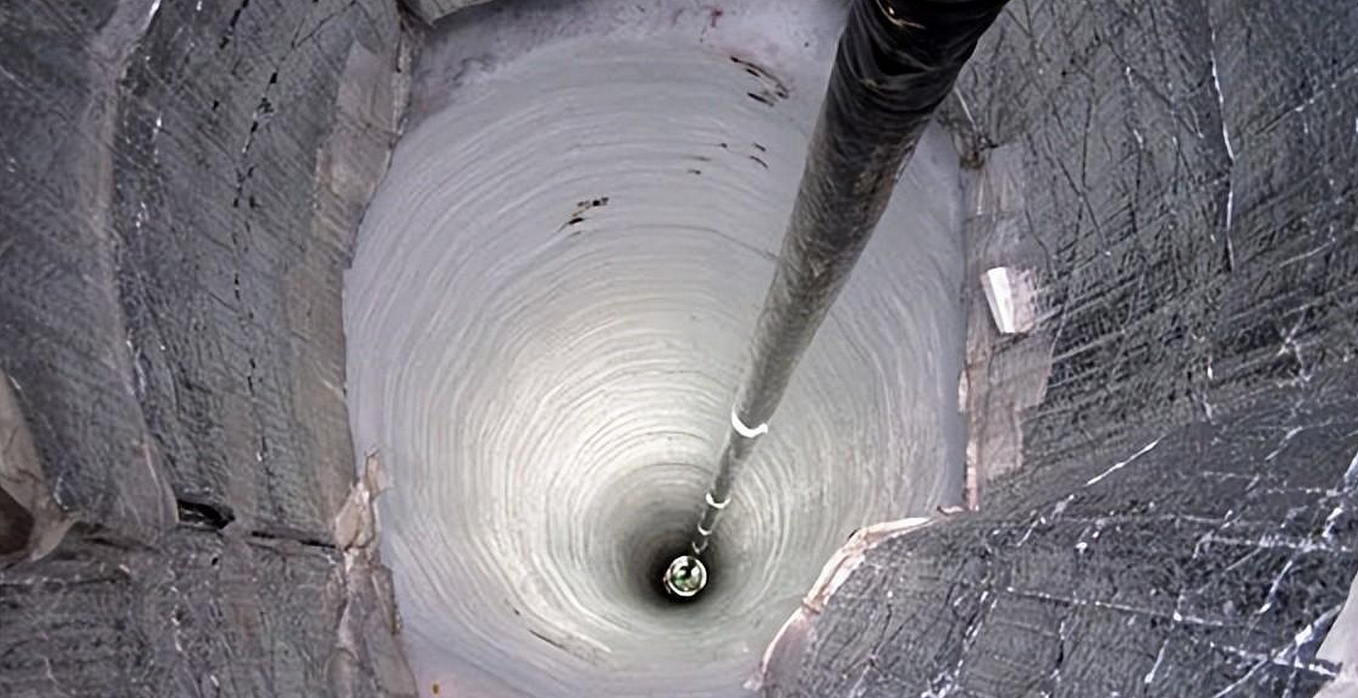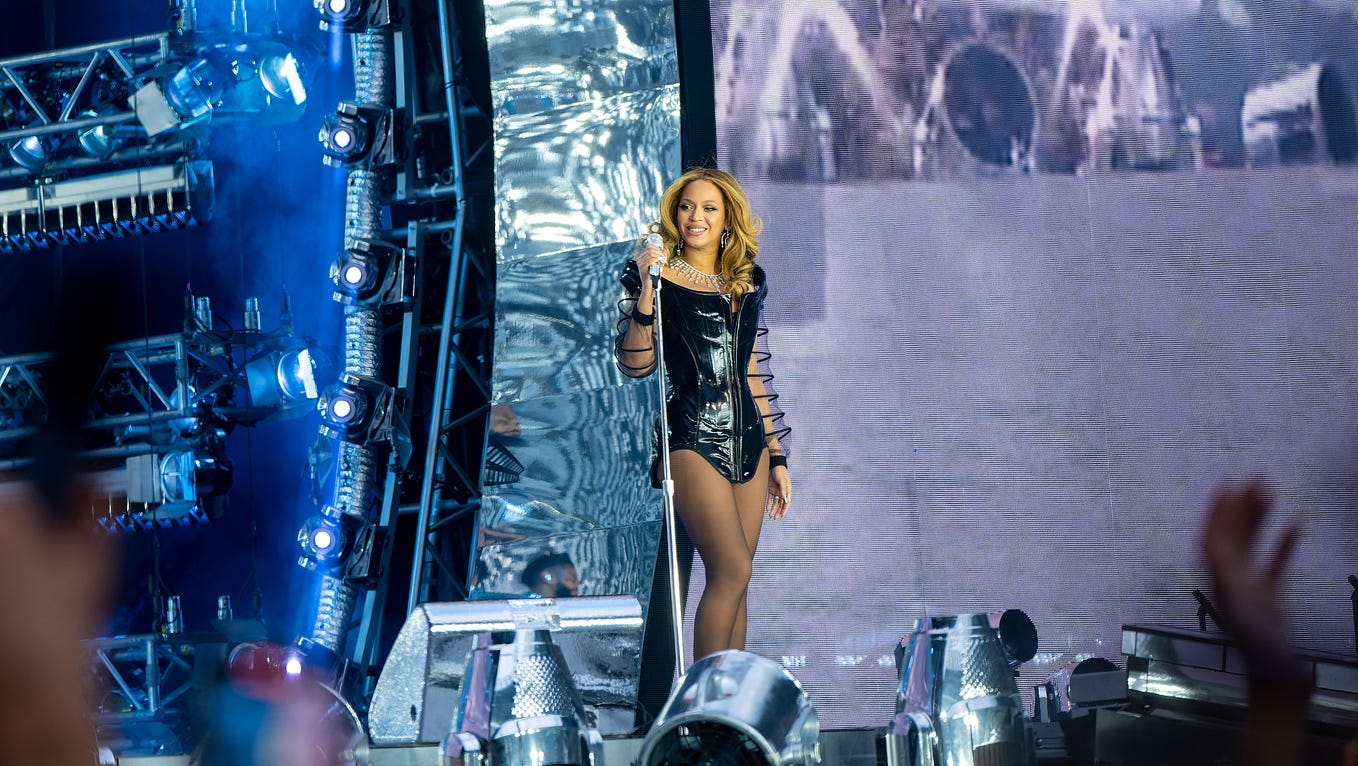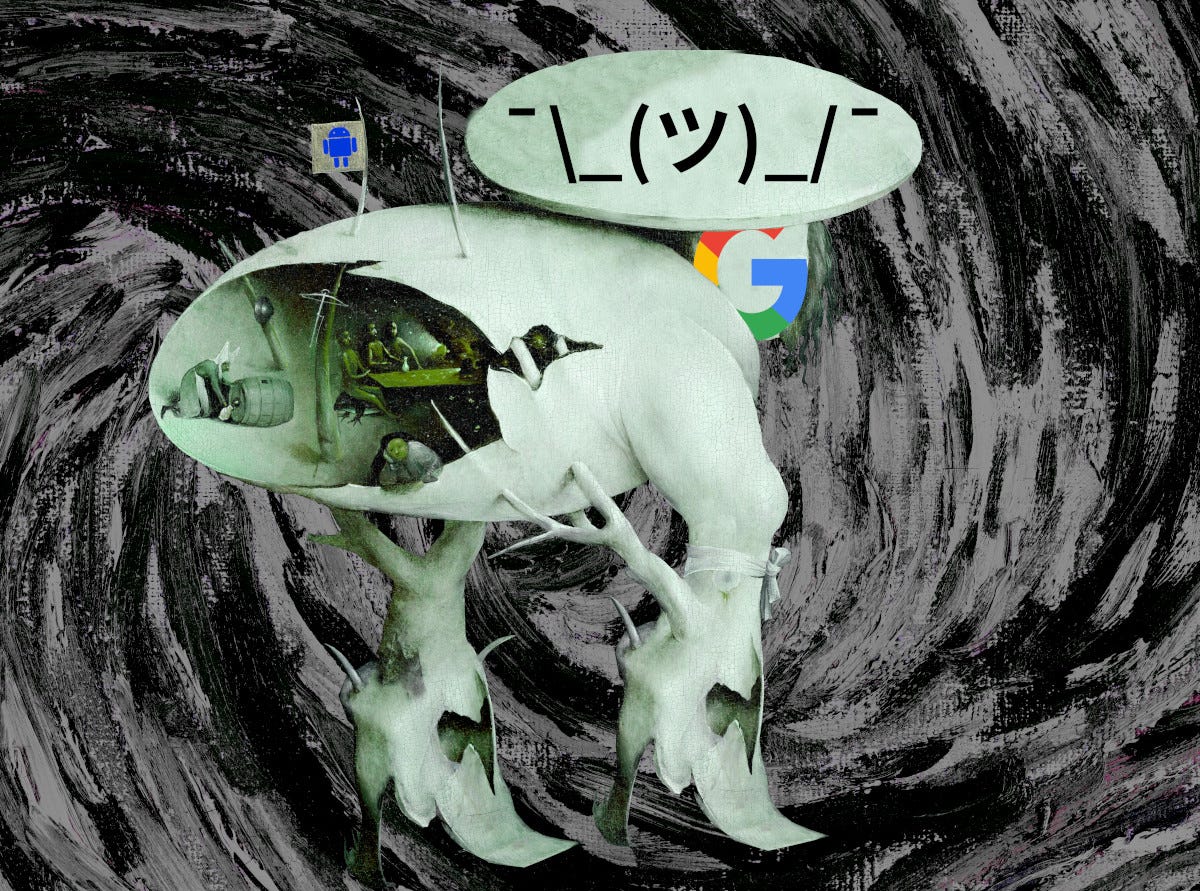The Legacy Unveiled: Ethnicity, Social Class, and National Identity in ‘Judas and the Black Messiah’
Disclaimer: This movie review was initially published on my secondary blog, which was established as part of an academic endeavor. As the creator and author of this content, I am now sharing it on my main blog. Happy Reading Musers!
Entering the world of ‘Judas and the Black Messiah’ felt like stepping into a rich historical narrative brought vividly to life on screen. The film’s gripping picture of the FBI’s infiltration of the Black Panther Party in the late 1960s, centered around the magnetic Fred Hampton, portrayed by Daniel Kaluuya, and the complex dynamics of betrayal with William O’Neal, played by LaKeith Stanfield, as an informant. It captivated me from the opening scene. Through its depiction of ethnicity, social class, and African American national identity, ‘Judas and the Black Messiah’ is a cinematic gold that deeply resonated with me as a member of the African diaspora.
As I watched the film, I was struck by its profound exploration of ethnicity within the African-American community amid the civil rights movement. It vividly portrayed the Black Panther Party as a response to systemic racism, underscoring the significance of collective identity and solidarity. Fred Hampton, brilliantly brought to life by Daniel Kaluuya, emerged as a symbol of unwavering leadership and defiance against injustice, deeply inspiring his community, myself, and surely future generations. His advocacy extended beyond his community, forming alliances with diverse groups in what he termed a “Rainbow Coalition,” highlighting the interconnectedness of struggles for freedom.
On the other hand, William O’Neal’s betrayal hit close to home, reflecting the historical struggle of marginalized communities. It embodied the complex dynamics of surveillance and coercion faced by individuals within the Black community, speaking to the persistent issue of betrayal and surveillance that continues to affect us, as a black collective, to this day. O’Neal even went as far as to take part in a documentary, “Eyez on the Prize II”, a move, in my opinion, was a means to justify his betrayal of his community, and also to comfort his guilty conscience. Williams ultimately also suffered in the end as the Judas in the black community.
Social class is a central theme in “Judas and the Black Messiah,” as the film juxtaposes the struggles of impoverished Black communities with the oppressive structures of power. This hit home for me, showing how race and class struggles are deeply intertwined, with the powerful ruthlessly holding onto their control while crushing the hopes of marginalized communities. Fred Hampton’s passionate speeches against the injustices of capitalist systems invoked something within me, a deep-seated ancestral cry. The Black Panther Party’s efforts, like their free breakfast programs, stood out as symbols of hope amidst the oppression, contrasting with how the ruling class exploited people like William O’Neal, as shown when he grappled with FBI pressure in the movie. The plight of the black community in the movie is the plight of many black communities still, especially within the American system.
I found the exploration of national identity deeply compelling. Fred Hampton’s call for a multiracial coalition against injustice challenges conventional ideas of what it means to be American. The government’s labeling of the Black Panther Party as a threat to national security reflects the clash between dissent and patriotism. For instance, in the movie, we see how authorities demonize Hampton and his followers, painting them as enemies of the state. Furthermore, it touches on the racial undertones of American society. This exposes the contradictions within American ideals of freedom and democracy, highlighting the harsh realities faced by those who dare to challenge the status quo. Through its portrayal of historical events and characters, the film prompts viewers, including myself, to critically analyze power dynamics and resistance in the quest for justice and equality.
In conclusion, “Judas and the Black Messiah” is not only educational but truly inspirational. This film left me with both deep reflection and a call to action, and take pride in being part of such a strong and resilient black diaspora.
References
Brody, R. (2021, February 13). “judas and the black messiah,” reviewed: A drama of revolutionary activism is submerged by its sentiments. The New Yorker. https://www.newyorker.com/culture/the-front-row/judas-and-the-black-messiah-reviewed-a-drama-of-revolutionary-activism-is-submerged-by-its-sentiments
SAWA. (2022b, April 20). I am a revolutionary speech by Fred Hampton (judas and the black messiah). YouTube. https://www.youtube.com/watch?v=7TwTIN9-Dpk
Strike Force. (2023, April 5). FBI informant William O’Neal’s full interview. YouTube. https://www.youtube.com/watch?v=rE9oCQwXyW0
Sundance Institute. (2021, February 24). Judas and the black messiah Q&A | 2021 Sundance Film Festival. YouTube. https://www.youtube.com/watch?v=zAI6QZWZvpY
Tensley, B. (2021, February 13). Analysis: “Judas and the black messiah” and the enduring power of the black panthers | CNN politics. CNN. https://edition.cnn.com/2021/02/13/politics/judas-and-the-black-messiah-black-panthers-history/index.html







